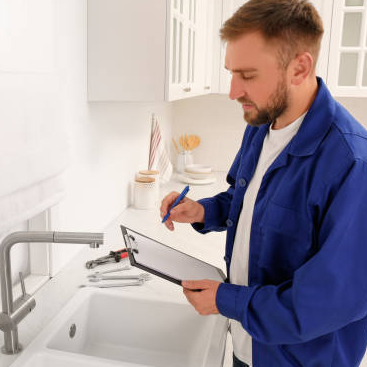
- Home
- Water Testing
- Water Audit
- Pricing
- Our Articles
- The Advantages of Using Filtered Ground Water in Your Home
- How to Save Water in South Africa: Practical Tips for Every Household
- Essential Guide to Water Testing in Cape Town: Is Your Water Safe?
- Why & How To Cover Your Back When It Comes To Your Water Quality
- SA Water Crisis
- Managing Effluent Water Testing
- SANS 241 Water Testing
- Why pH Isn’t Enough: The Hidden Danger Lurking in Your Water
- Businesses Need To Test Their Water
- Why You Need To Test Your Council Water
- Why Water Testing Is So Important
- Businesses Need A Water Audit
- It Is Vital To Maintain Your Filtration System
- Water Testing For Corrosive Water
- Contact Us
Why A Water Audit Is A Good Idea

In today’s competitive and environmentally conscious marketplace, resource management is no longer just a good practice—it’s a necessity. To better understand this, Mike Hastie from www.sanswater.co.za explains why a water audit is so important. In fact, one of the most overlooked yet impactful ways businesses can improve efficiency, reduce costs, and enhance sustainability is through a water audit. Regardless of whether you’re in manufacturing, agriculture, hospitality, or even office-based operations, a water audit can uncover hidden inefficiencies, thereby preventing costly damage and ultimately helping your business future-proof its operations.
What Is a Water Audit?
It is a comprehensive assessment of how water is sourced, used, and discharged within a business because it meticulously tracks every drop from its point of entry to its point of exit. Through this process, a water audit identifies where water is being wasted, where leaks or inefficiencies may exist, and how usage patterns can be improved.
Why Is a Water Audit Necessary?
-
Cost Savings
Water bills can be a silent expense, especially if your business is unknowingly paying for leaks, inefficient fixtures, or outdated processes. Fortunately, a water audit identifies these problems and offers actionable solutions that often lead to immediate cost reductions. In fact, savings from reduced water usage often pay for the audit itself in just a few months.
-
Leak Detection and Damage Prevention
Small leaks can lead to significant structural damage over time, resulting in expensive repairs, downtime, or even legal liability. Therefore, a water audit helps detect these issues early, preventing potentially catastrophic losses. Water damage from leaks is costly – see the damage.
-
Regulatory Compliance
Governments and municipalities are increasingly tightening regulations around water usage, waste discharge, and sustainability. As such, a water audit ensures your business complies with current laws and is prepared for future changes, thereby avoiding fines and reputational risks.
-
Environmental Responsibility
Corporate sustainability is no longer optional. Customers, partners, and investors are all demanding greener practices. By conducting a water audit, your business demonstrates environmental responsibility, enhances its brand reputation, and contributes to broader water conservation efforts.
-
Operational Efficiency
Businesses can redesign their processes to use water more effectively. Whether it’s through installing more efficient fixtures, reusing greywater, or updating cooling systems, these improvements can significantly increase operational performance.
Industries That Benefit the Most from a Water Audit
-
Food and Beverage: Hygiene and process-related water use can be optimized for quality and cost.
-
Agriculture: Precision irrigation and runoff control lead to better yields and lower water bills.
-
Manufacturing: Cooling, cleaning, and processing all involve heavy water usage with room for efficiency.
-
Hospitality and Leisure: Hotels, gyms, and spas use large volumes of water daily and can benefit immensely from savings and sustainability upgrades.
-
Commercial Properties: Office parks and malls often suffer from unnoticed leaks and inefficient bathroom or landscaping systems.
What’s Involved
A professional water audit typically includes:
-
Review of water bills and usage history
-
On-site inspection of all water systems
-
Leak detection
-
Flow rate testing and meter verification
-
Recommendations for upgrades, retrofits, or behavioural changes
-
A detailed report outlining short-term and long-term improvements
Take Action Today
Water scarcity is a growing global issue, and businesses have both a responsibility and a financial incentive to use water wisely. Ultimately, a water audit is not just a box-ticking exercise—it’s a strategic investment in the future of your business. Therefore, don’t wait for a spike in your water bill or a regulatory notice to act.
Book a professional water audit today with www.sanswater.co.za and take control of your water usage, your costs, and your sustainability journey.